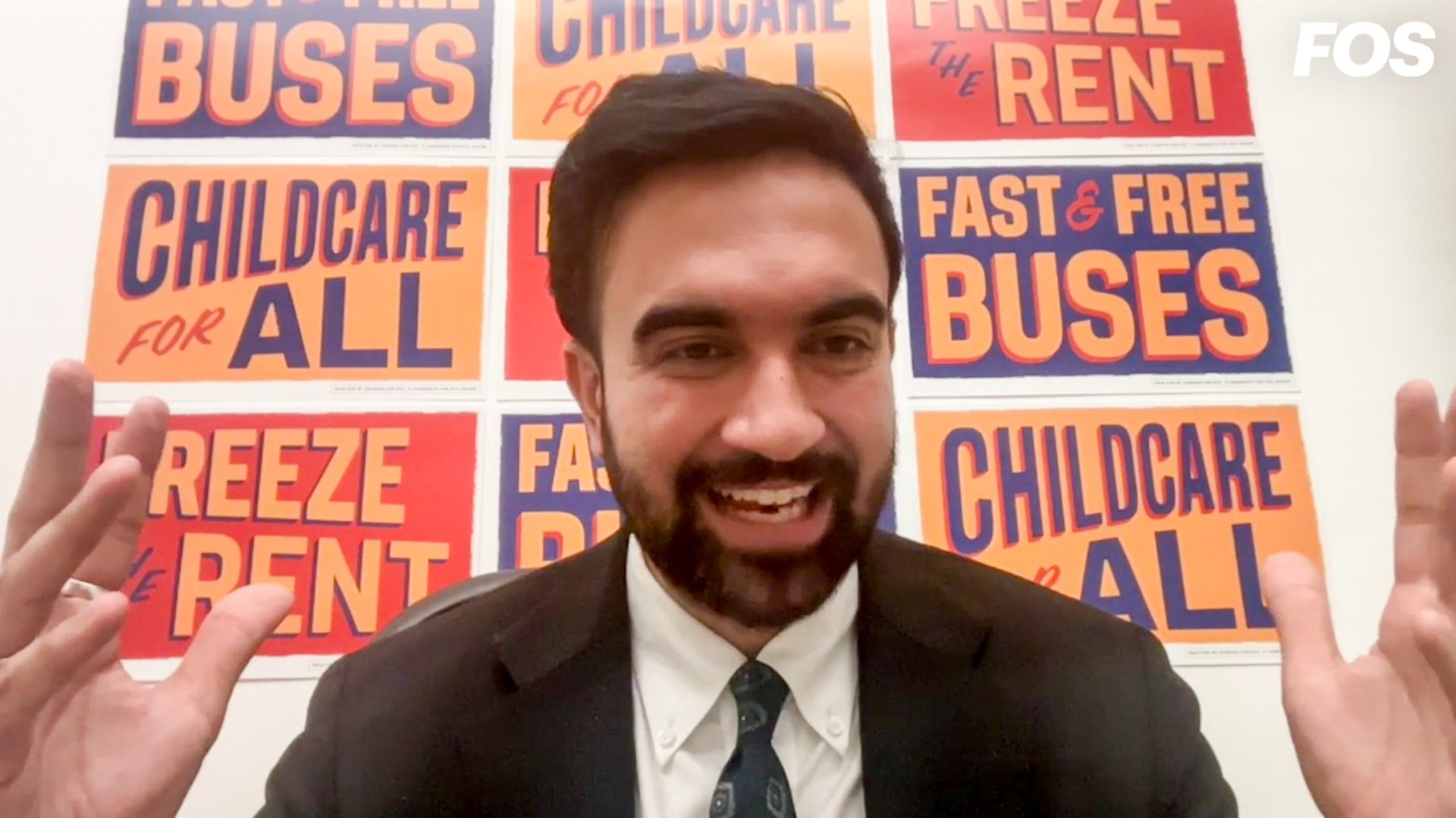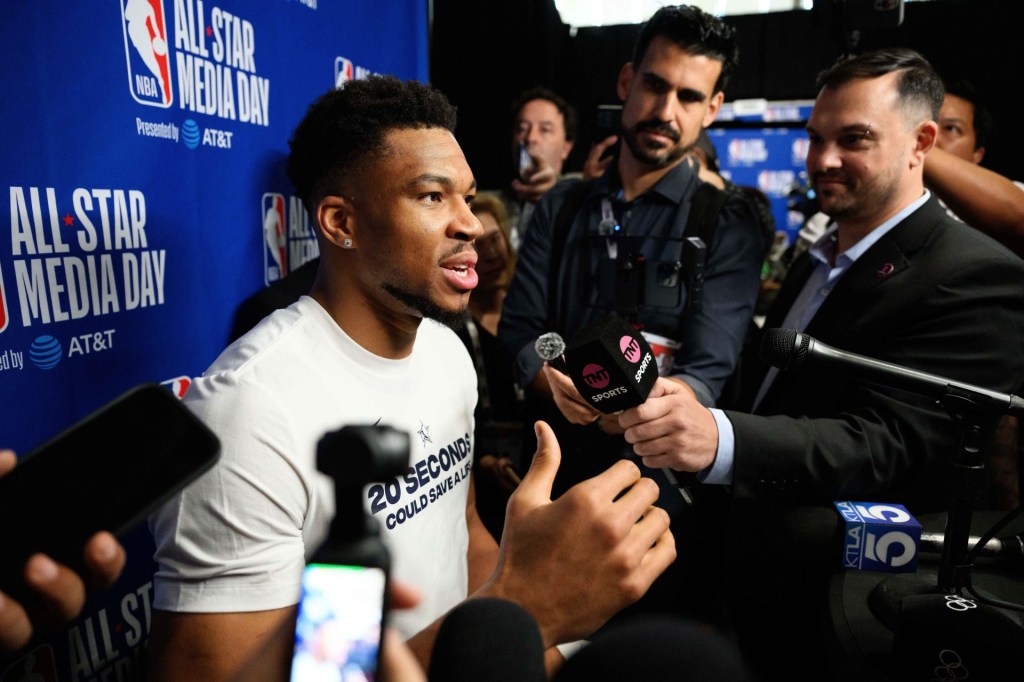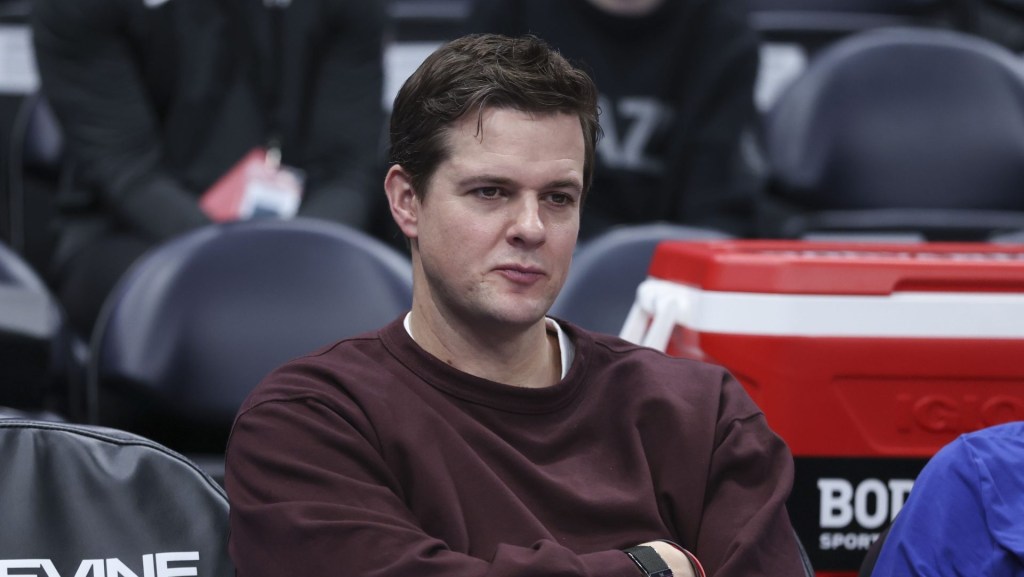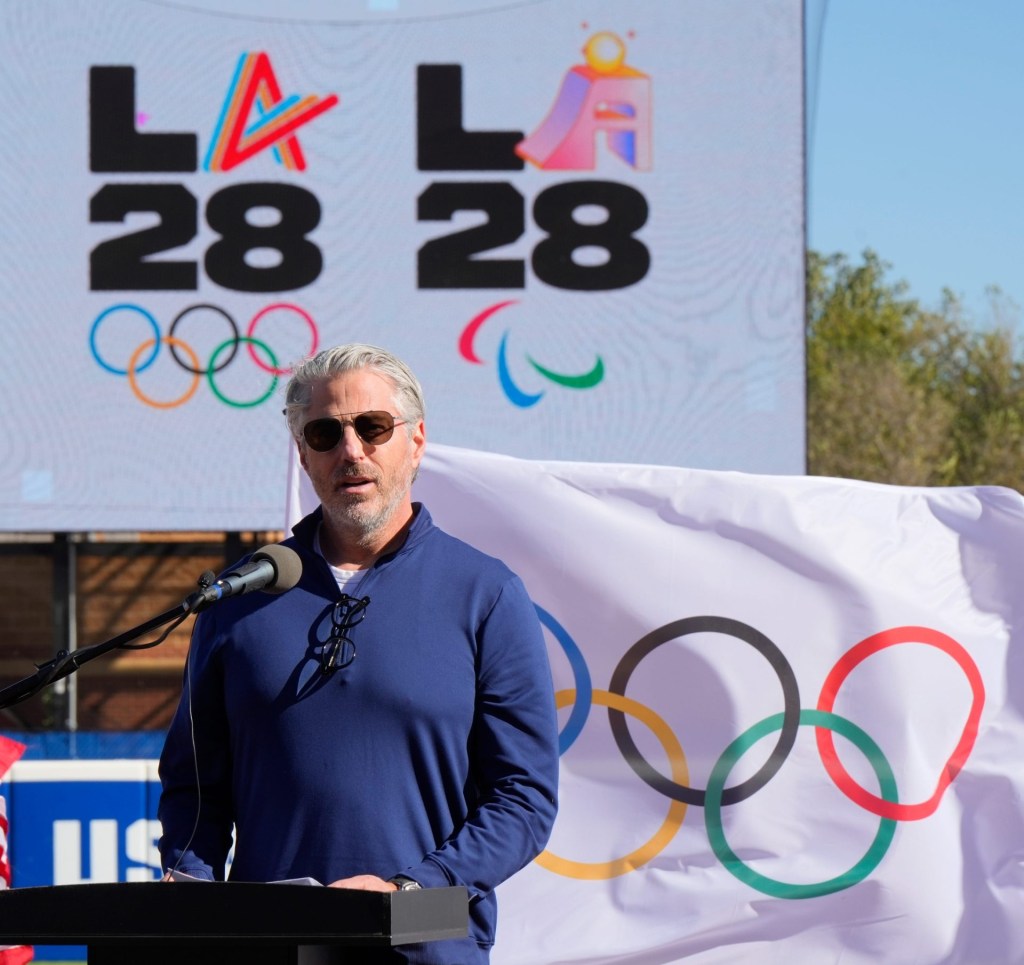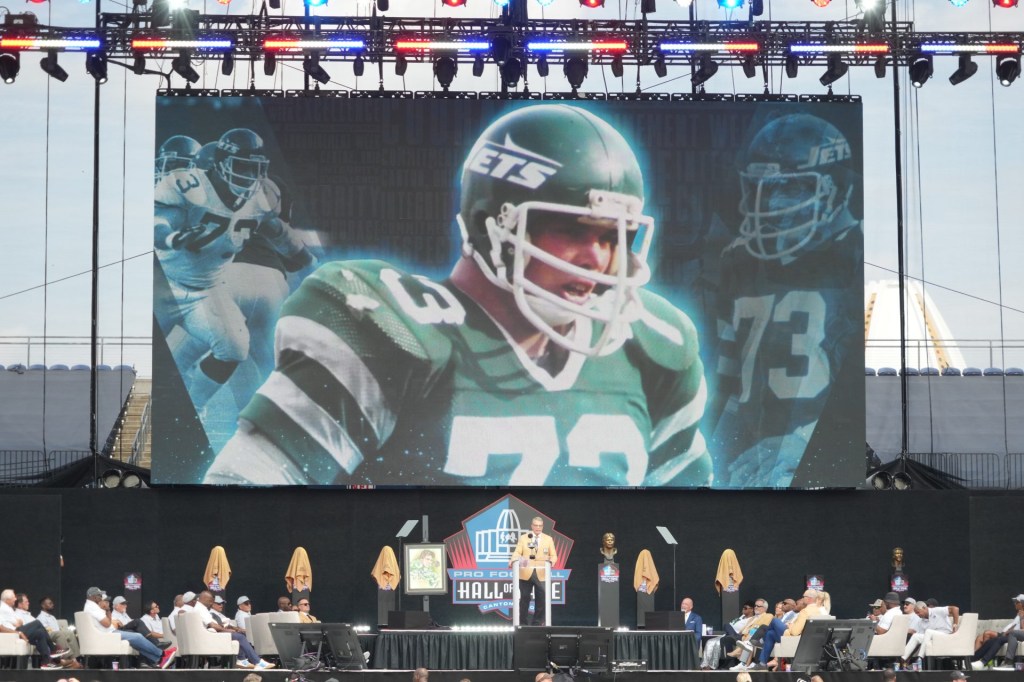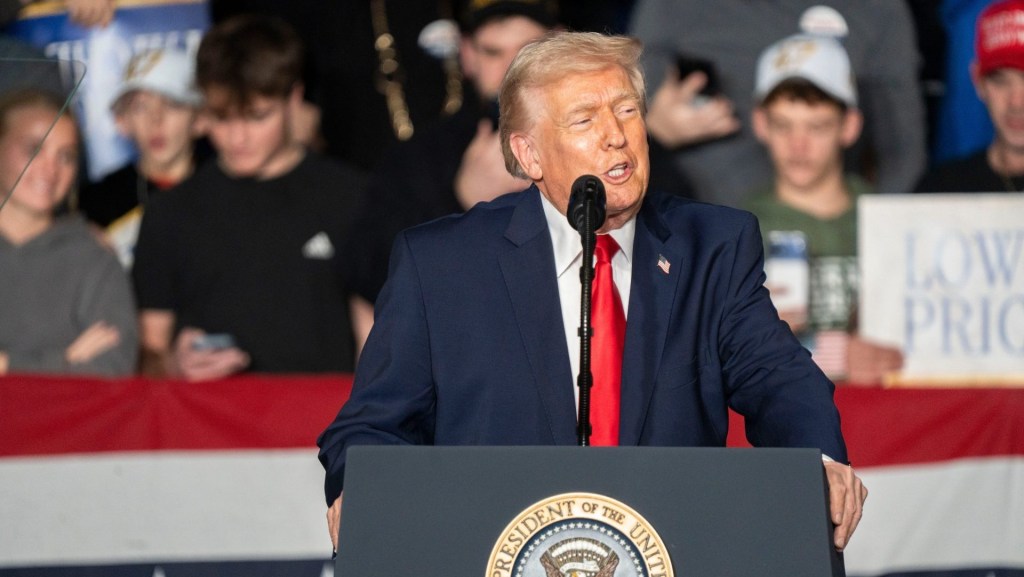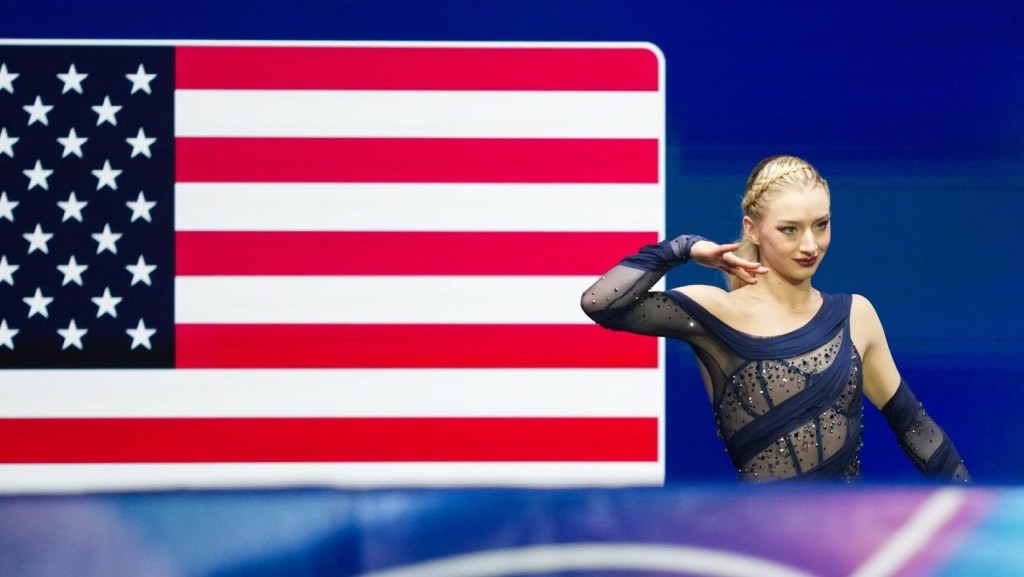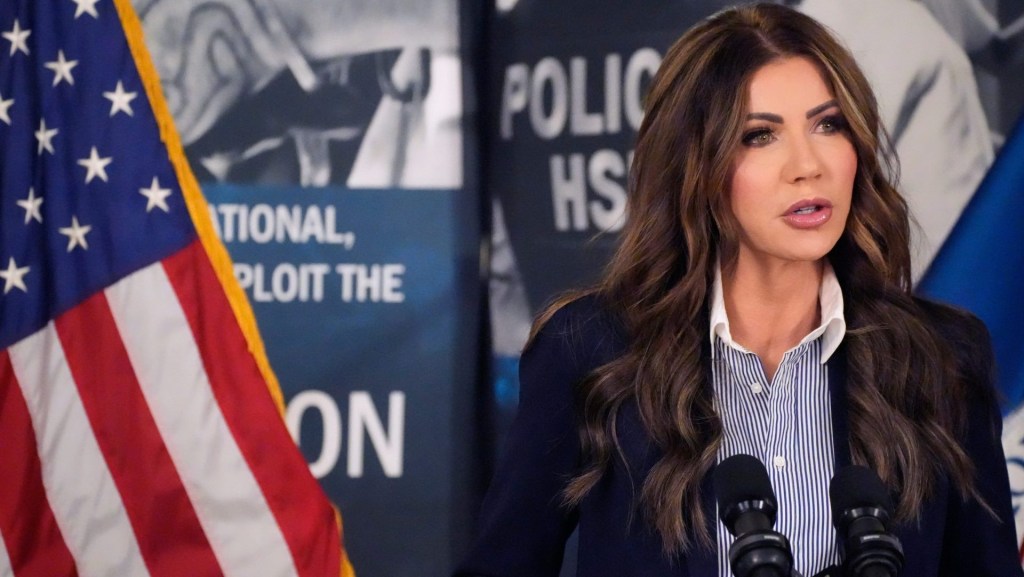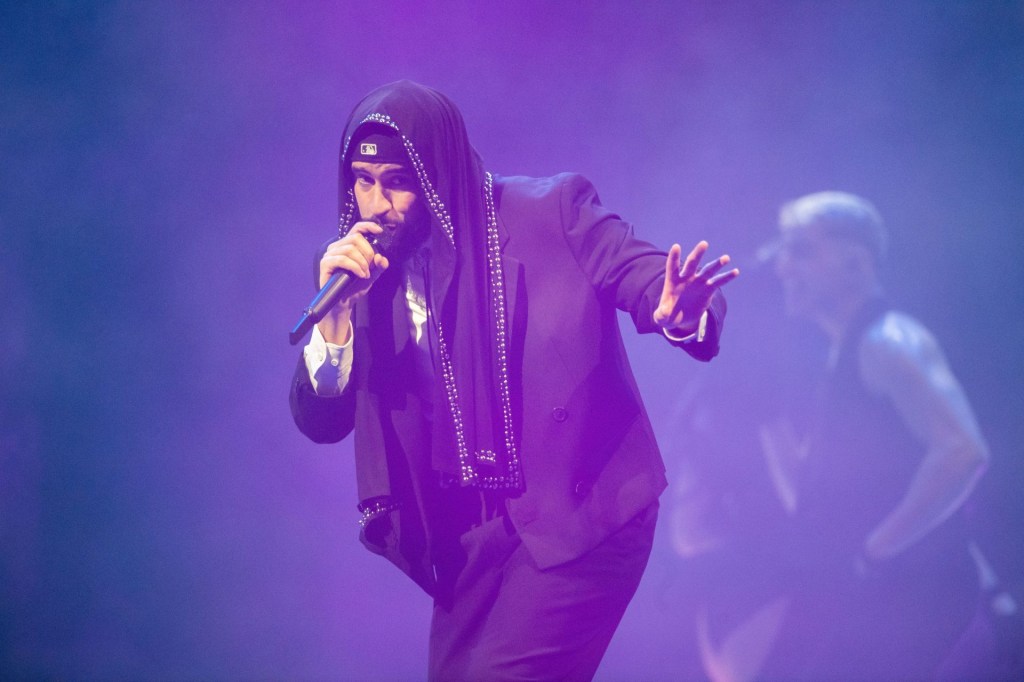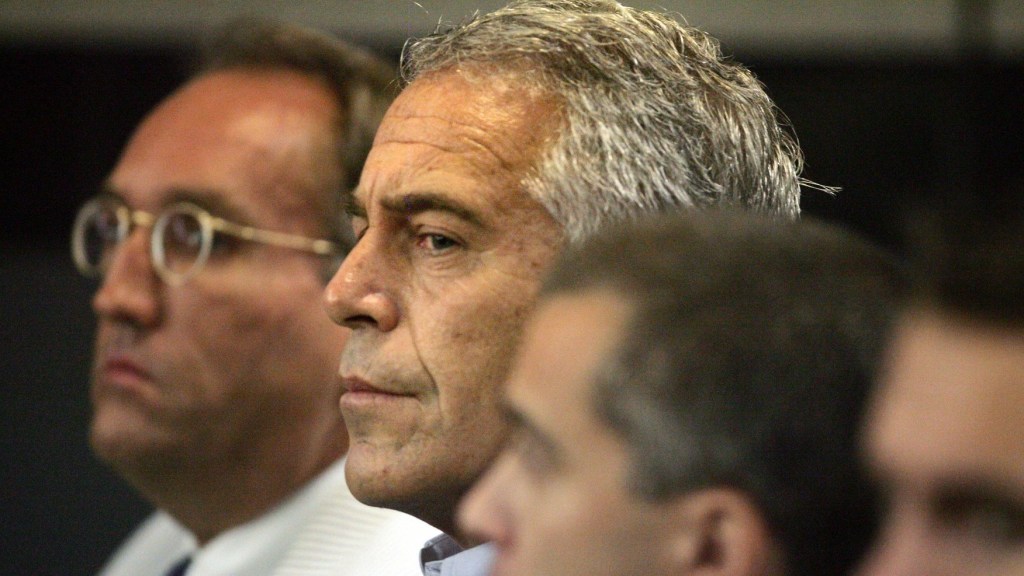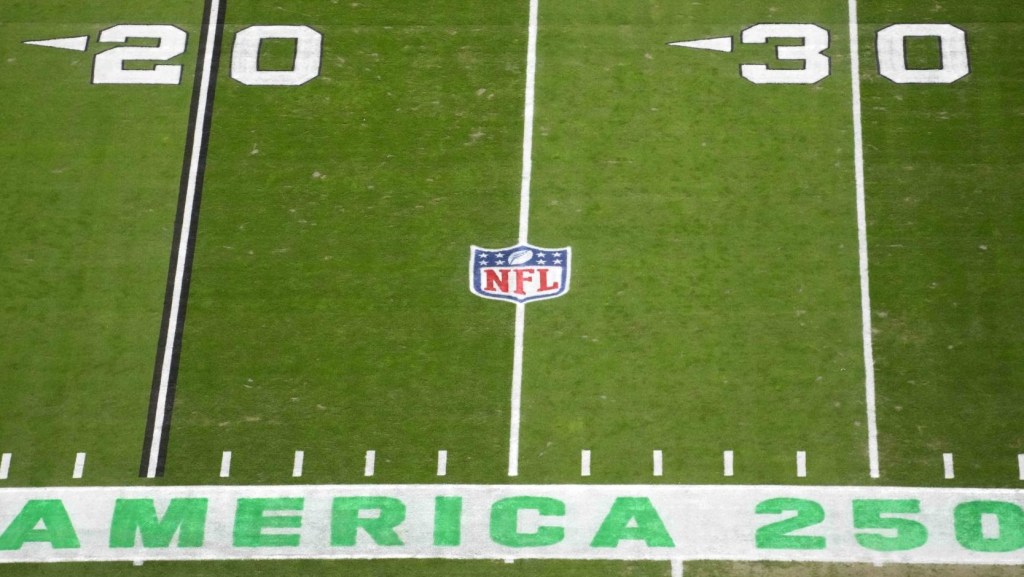The ticket lottery for the 2026 men’s World Cup opened Wednesday morning, days after FIFA confirmed it will use dynamic pricing for the first time at a World Cup, meaning prices will rise and fall with fan interest.
MetLife Stadium in New Jersey will host eight World Cup games, with both New Jersey and New York City serving as official hosts. Zohran Mamdani, the Democratic nominee in the New York City mayoral race, said Tuesday night that FIFA should drop dynamic pricing, cap resale prices, and reserve 15% of tickets for local residents.
In a statement to FOS, FIFA said that its use of what it calls variable pricing “generally reflects the existing and developing market practice in our co-hosts.” It said that it had certain “ringfenced allocations” of tickets for “specific fan categories” that would remain at a set price. It also said that the resale market being legal in the United States made it “necessary” to participate in it.
A spokesperson for New York City mayor Eric Adams told FOS: “Thanks to our administration’s work, more than one million people will visit our city, shop in our stores, and dine in our restaurants — with the tournaments generating over $2 billion in revenue and creating 14,000 new jobs across the region. This once in a lifetime celebration will create unforgettable moments right here in our backyard and we want every New Yorker to be able to get in on the fun.”
Mamdani—who played high school soccer at Bronx Science and is a die-hard Arsenal fan—spoke with Front Office Sports on Wednesday about his demands for FIFA and how he would handle the World Cup if elected as New York’s mayor in November.
Front Office Sports: Can you tell us more about your proposal for FIFA? Where do you want to cap resale prices—like, what should the price ceiling be?
Zohran Mamdani: Today should be one of the most exciting moments—we could have people starting to buy their tickets to be part of the greatest tournament in the world, and yet what we’re seeing is dynamic pricing is going to be a fact of this, according to FIFA. Resale prices will have no cap on their own official resale market, and no set-asides for local residents.
Now, on resale prices, I think what’s most frustrating is that there are three host nations for the World Cup: the United States, Canada, and Mexico. In Mexico, FIFA has an agreement with the Mexican government to have a resale market that only will sell those tickets at face value as a maximum. And yet here in New York City, in the United States as well as Canada, it will be a resale market where effectively, FIFA is becoming the scalper.
FOS: Other than Mexico, is there a model you want to copy about resale laws, whether that’s a city or a country that’s effectively tamped down on ticket reselling?
ZM: I honestly think that just looking at how Mexico has approached this is the model for this World Cup. And I think what this is seeking to channel is the frustration of so many New Yorkers, Americans coast-to-coast, who’ve just been priced out of events that they’ve been looking forward to—whether we’re talking about the World Cup, or just concerts.
So much of sports entertainment is now becoming something that you just have to have an incredible amount of money to be able to attend.
FOS: Speaking of which. Donald Trump attended the US Open men’s final last weekend. You went to the US Open free day a few weeks ago… Is this something you’re hoping to replicate in sports more broadly?
ZM: I think sports should be something that people can enjoy regardless of how much money they have in their pocket. One of my favorite memories growing up in New York City was going to the [US Open] qualifiers with a bunch of my friends and just watching incredible tennis for free.
And yet, for so many, the prospect of even just being a spectator, it’s completely out of reach.
And we know that FIFA, they’re supposed to be stewards of the world’s game, and yet for them, it has increasingly just become a question of profit.
The proposals they put forward would increase their revenue from what they made in Qatar [at the 2022 men’s World Cup] by close to 400%. [Editor’s note: FIFA made $686 million in ticket revenue in 2022, and is projecting more than $3 billion next year, roughly a 400% jump. Some estimates for ticket revenue are higher.]
And the last time the United States hosted the World Cup, the tickets for the final in today’s dollars could be bought for less than $200. Now they are going to sell tickets for more than $6,000. I mean, who can actually go and watch these games? It’s not going to be so many people that love this game so much.
FOS: Have you heard from FIFA or [New York mayor] Eric Adams or [New Jersey governor] Phil Murphy, who signed the host city agreements with FIFA?
ZM: You know, I haven’t heard from Eric Adams, but he’s quite busy with a number of other things.
I did reach out to make these demands clear and start that conversation with FIFA and the host committee.
This is something that I’m very sincere about because it can be the difference between whether or not New Yorkers can actually participate in the World Cup or whether we will just be bystanders to what should be one of the greatest moments in our city’s history.
FOS: If you’re elected in November, is this something you might want to pursue as a law on the city or state level, in terms of capping resale prices?
ZM: We absolutely need to explore every which way we can ensure that these kinds of events are within reach for ordinary New Yorkers. I know that there’s legislation that’s been put forward at the state level that seeks to address some of these questions of secondary markets.
But I also think there’s a responsibility that FIFA has itself in how it sets its own prices. Oftentimes when we talk about dynamic pricing, it’s algorithmic. In this case, FIFA will be manually changing the prices themselves. So you could enter into the waiting list to purchase the ticket, and by the time you actually get to the front of the line, that ticket could have doubled, tripled, quadrupled in cost, and that would be FIFA making that decision.
[Editor’s note: This was the case at the Club World Cup last summer. FIFA has said some automation will be involved in what it calls “variable pricing.”]
FOS: How are you thinking about the World Cup if you’re in government next summer? Both the obvious, you know, questions about transit to MetLife, but also visas for players and fans. How do you think about those issues?
ZM: It has been incredibly concerning to see the Trump administration’s approach… What should be the world game in the world’s city is now one where so many are afraid to visit us.
We’ve seen a decline of about $4 billion in tourism revenue that we had otherwise expected for 2025. We continue to make clear that this administration’s immigration policies are an attack not only on our city’s laws, and our values, but also on our people.
This is a tournament where we want to take this opportunity to make clear that the world is welcome here. My responsibilities in leading this city will not only be in having that be our message, but also ensuring that the experience of being a fan is not just one that starts and ends when you’re in the stadium.
I remember for a previous World Cup, the New York Times did a map of cafes and bars from the nations that were competing… I went to a bunch of these with my friends, and it was such a re-introduction to the city that I knew and already loved. And that’s what this tournament can be.
I’ve had the privilege of having gone to the World Cup in the past. I went to South Africa in 2010 and the memories I have from that time, I want to make sure that those are the memories that so many leave this tournament with.
This interview has been lightly condensed and edited.
